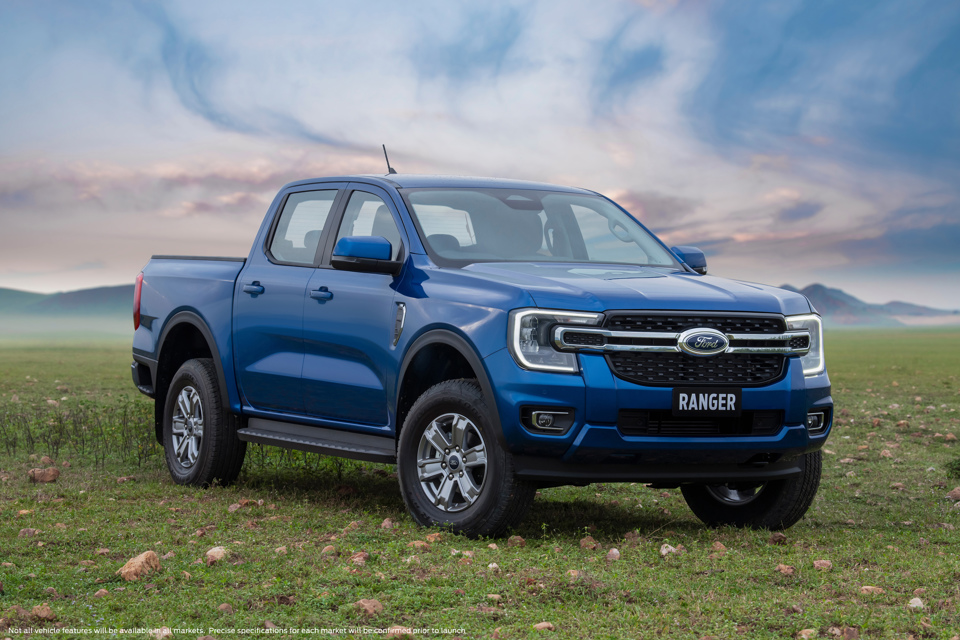With the benefit-in-kind (BIK) tax treatment of double cab pick-ups on HMRC’s agenda, an alternative which recognises business use is being suggested.
The Government performed a spectacular U-turn over its decision to treat double cab pick-ups as cars for taxation purposes by dropping the policy in February just seven days after announcing it.
HMRC had originally updated its guidance on the tax treatment of double cab pick-ups following a 2020 Court of Appeal judgment.
The guidance stated that from July 1, 2024, all double cabs with a payload of one tonne or more would be treated as cars rather than goods vehicles for both capital allowances and benefit-in-kind purposes.
However, following a backlash from the motor industry, the Government decided to withdraw the new guidance.
Instead, it said it would consult on draft legislation before introducing it in the next available Finance Bill.
Shoreham Vehicle Auctions (SVA) has called for key industry stakeholders to work closely with the HMRC to shape new legislation surrounding the tax treatment on one-tonne double cab pick-ups.
SVA’s MD Alex Wright believes the conversations should be ongoing to ensure they shape new legislation that does not penalise the business use of these vehicles.
“The industry must consult with HMRC to get the right decision over the line,” he said.
“HMRC is looking to settle a taxation issue that has been bubbling for more than two decades.
“It wants to get rid of the grey areas that are in place that encourage tax avoidance which we can understand.”
Subsequently SVA has talked to dealers, fleets and SMEs, including farmers following HMRC’s U-turn.
It has produced its own solution to the problem which includes introducing a luxury tax on pick-ups that cost more than £35,000 plus vat to denote them as being recreational as opposed to business use vehicles.
That way the high value, high spec pickups purchased by SMEs and consumers alike with large petrol engines, that would normally command a high level of taxation if fitted in a car, would be affected by the new luxury tax, says SVA.
Meanwhile, companies who buy and run double cab pick-ups costing much less than £35,000 for genuine business use would not be penalised.
The £35,000 luxury tax would also keep rental and leasing companies happy as it would protect residual values of business vehicles and help them predict future values more accurately, it says.
Wright continued: “We want to protect sales and residual values, as well as avoiding penalising staff who drive DCPUs (double cab pick-ups) for business use.
“Leasing and finance companies shouldn’t have to pay for the cost of HMRC policy changes. If a future date is confirmed to roll out new legislation, risk managers can plan accordingly to make the right decisions for their companies and not have to make provisions for residual value losses when disposing of existing stock.
“Companies are investing in DCPUs to safely carry people, equipment and tools. We don’t want a situation where HMRC taxation might compromise work efficiency and safety,” he added.
Wright welcomes any feedback to his luxury tax proposal and is happy to be part of any industry group that works alongside HMRC to bring the double cab pick-up legislation to a suitable conclusion.





















Login to comment
Comments
No comments have been made yet.